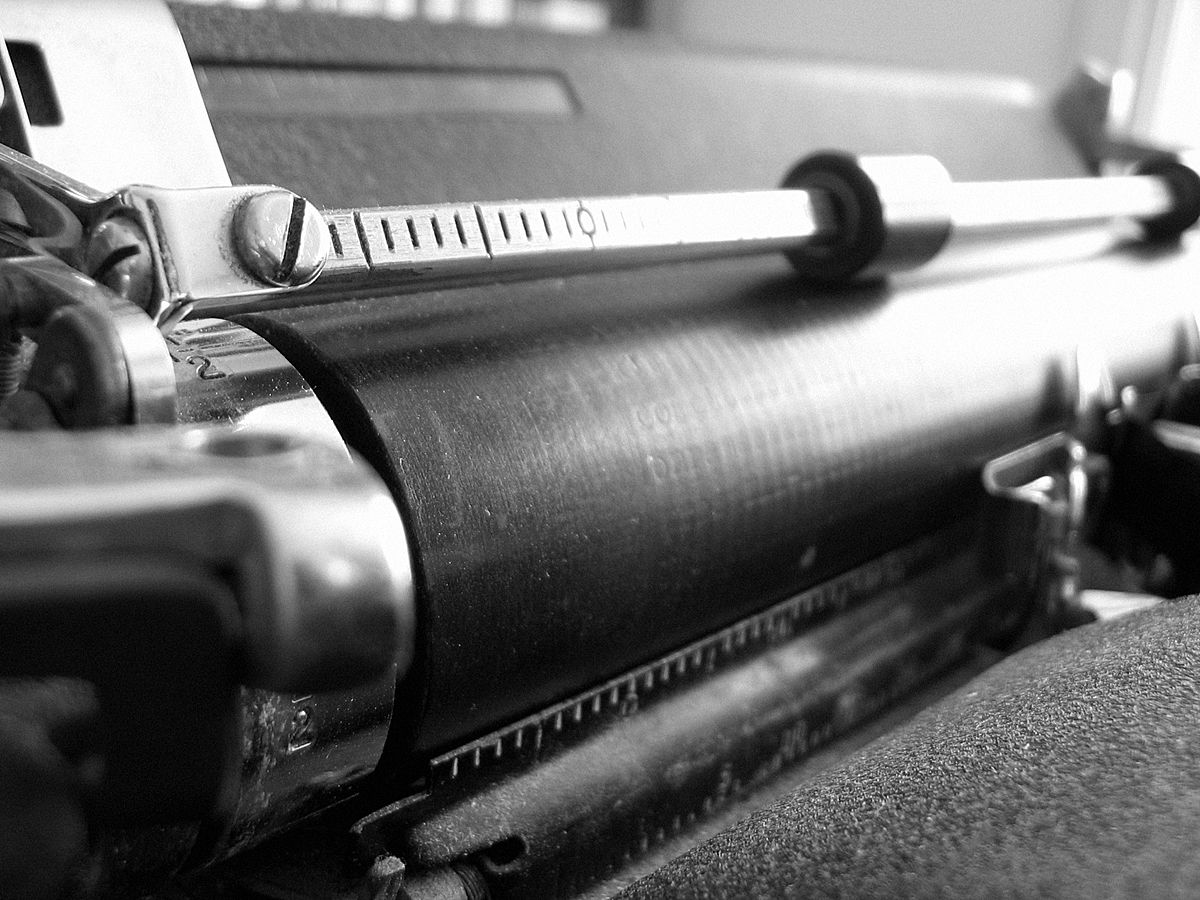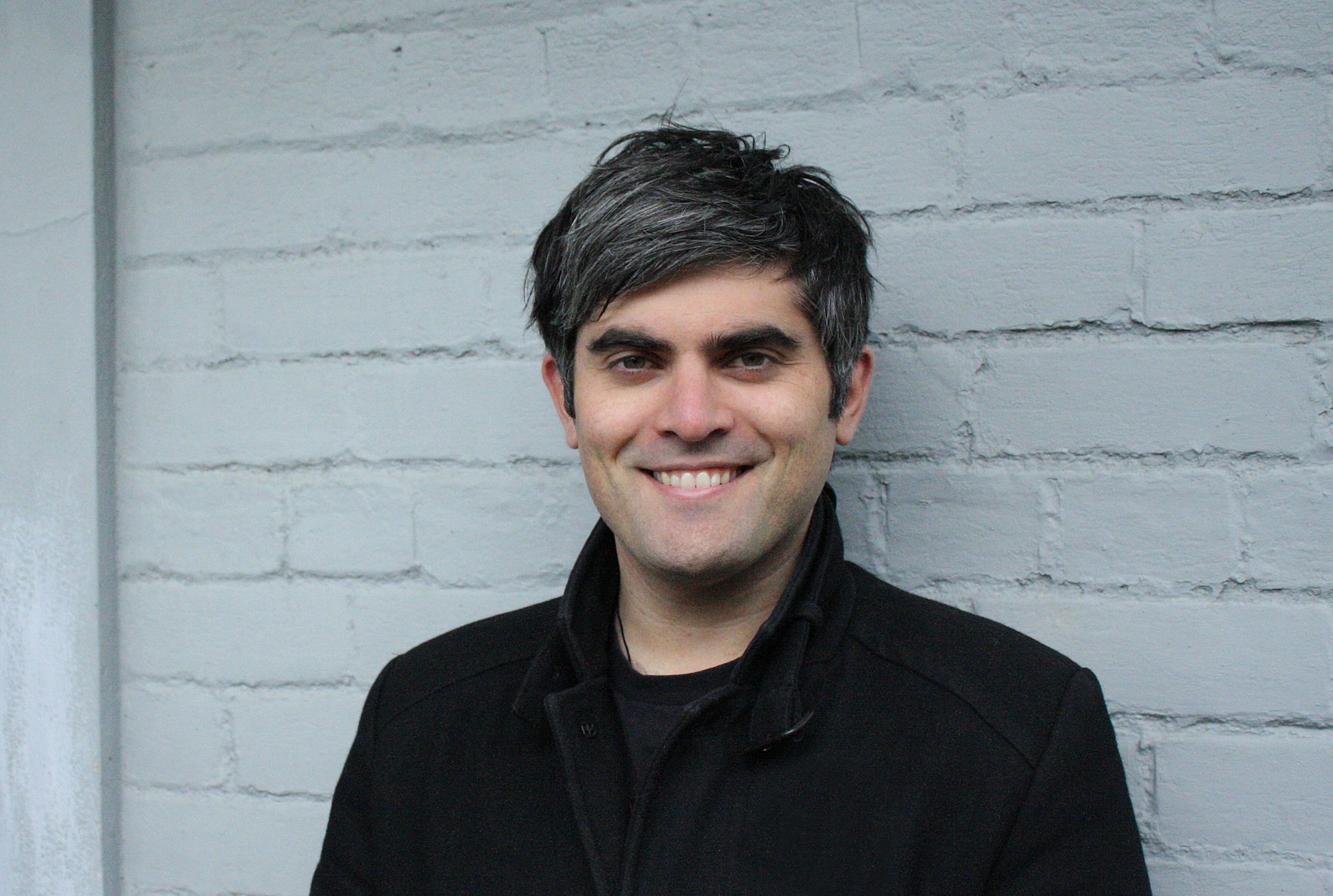Breaking the Mould: New Zealand Young Writers Festival
We chat to Aaron Hawkins about the upcoming Young Writers Festival in Dunedin
Though the Auckland Writers Festival is over and most of the stars have flown away home, there's a new event on the country's literary calendar. The inaugural New Zealand Young Writers Festival occurs this June, with scribes from all walks descending on Dunedin for panels, workshops, spelling bees and a fresh look at the linguistic landscape of Aotearoa.
While there is no festival director as such, we've chatted to Aaron Hawkins, Dunedin City Councillor and man behind the exciting program.
What was the impetus behind creating a festival for and about young writers? How did you make it happen?
A few years ago I was in Newcastle, Australia, for a festival there called This is Not Art (TiNA), which is made up of a series of smaller festivals – the National Young Writers Festival, Critical Animals and the Crack Theatre Festival. All of the events were free, and thousands of young people descended on the city to talk about their work, to learn from each other, and to have a good time. Ever since then, I've wanted to see a similar event happen in New Zealand, and found it hard to believe that such a thing didn't exist.
Last year, Dunedin was recognised as a UNESCO City of Literature, joining a network of Creative Cities around the world. Our literary whakapapa played a critical part in that, your Frames and Braschs and Baxters, but it's meaningless if we don't use it to develop and champion the next generation of young writers. At the same time, UNESCO New Zealand's National Commission are targeting young people, and accessbility, in their funding of projects. What better fit than a free festival by and for young writers? The Dunedin Fringe Art Trust, which I Co-Chair, saw this opportunity and seized it. UNESCO came on board as a primary funder, which got Phantom Billstickers in as a major sponsor, and we put a program together from there.
We got the go ahead in mid-March, and to be honest it's been a bit of mad scramble since then to confirm the program, but we got there! There's so much we could have done had we had a little more time to breathe, but I'm proud of what we've put together for the first year.
What do you think the absence of young writers in other major festivals means for our national literary landscape?
I don't want to get into a debate about what our 'national literature' is, those circular arguments have been going forever, but then perhaps I'm just playing into Witi Ihimaera's characterisation of young writers today as being disinterested in identity and activism and subversion. To an extent, traditional literary festivals are stuck between a rock and a hard place. They have to sell tickets to survive, and need headline events that have the pull to do that. Almost by definition, they're not going to be young writers.
On the other hand, I've always thought that festivals of any kind have not so much an obligation as an opportunity to show off more exciting stuff, that's far less of a risk for them financially. If someone's buying a ticket to summer music festival, the deciding the factor as to whether you go or not, generally speaking, isn't the local line-up. So the promoters have an amazing opportunity to do some weird and interesting stuff without worrying if it will sink the whole operation. By and large they don't take up that opportunity, and that's a shame. We're not selling tickets, so we don't have a lot of those pressures, which is quite liberating.
What were your aims in putting together the program?
I wanted the program to help young writers think about things differently, and do things differently, and have a good time while they're here doing it. So we have serious discussions (how our media serves a contemporary Māori audience); creative writing workshops (poetry erasures, using social media as a storytelling platform); and bookish social events (a gig, a spelling bee, a pub quiz).
The range of voices was important, but I wanted to address that without it being heavy handed or token. We know women and Māori voices are marginalised, for example, but how can we do our bit to address that without having 'The Māori Panel'? I can't answer that, because it isn't my place. In that instance, I talked to young Māori writers and asked them what they would want to see, and we tried to do that.
If one of the festival's goals is professional development for aspiring scribes, we needed to present as broad a scope of writing outlets as possible. Plays, prose and poems are still options obviously, and they're represented in the program. We're also talking about writing scholarly histories, and what that means now, and how we can use Twitter as a storytelling medium. What does the online environment offer for critics and longform feature writers, and what are the realities of a journalist's struggle today? It's an easy job for me, all I have to do is ask the questions. It's up to the panelists and participants to answer them!
Do young writers have a loud enough voice in New Zealand?
This reminds me of that great John Key quote: “I have always believed we should enhance the literary skills of our young people and while our literary heroes may never challenge the glory and respect given to our All Blacks, we still need role models to inspire us.”
He's not alone in thinking that, it's rare for him to say anything out of step with polling data, and it isn't something that is specific to writing so much as the creative community more generally. Remember when Paula Bennett told our struggling young artists that they couldn't just wait around for their dream job, and should just get a real job like the rest of us? That perception is remains sadly prevelant, that anyone who is committed to creative endeavours is a wino layabout who refuses to grow up and live in the real world. Watch how they all wrestle to get on the red carpet for a Peter Jackson feature, though!
Both our society and our economy are enriched by our writers, and painters, and filmmakers, in concrete and intangible ways. The creative industry, professionally, is worth about the same as our forestry sector, by way of comparison. It's also the kind of low carbon, low weight, high value industry we need for Aotearoa to be resilient and sustainable. There's more to this country than dairy farming and buying rental properties, but we need to support the alternatives rather than rubbish them. The New Zealand Young Writers Festival is trying to play its part in doing that.
What are your hopes for the festival in years in come?
Ultimately, I think this can become an annual pilgrimage for young writers in New Zealand, as well as a forum for public debate and discussion at a time when that's needed more than ever. One weekend every year, where people can get together to thrash out some ideas, strike up new creative relationships, be inspired and reassured that what they're doing is worth doing, and they're not alone in doing it. Writing can easily become a very solitary venture, and the New Zealand Young Writers Festival offers a great excuse to break out of that mould.
I also want the community to ultimately take more ownership of the festival. We essentially curated this inaugural program, but from next year onwards I definitely want it to be open to submissions. So if there's something you think is missing, allow us to apologise profusely, and invite you to assemble something to bring to the table next year.
The New Zealand Young Writers Festival will run
from 4-7 June in Dunedin.
Click here for more information.



